How many COPs does it take to fix a burning planet?
So far it's not 28. Also, this is how much money I earn as a freelancer for NGOs.
My net income was 16,000 euros last year. That’s 7000 under minimum wage for Belgium. I’m a freelance copywriter for NGOs.
This isn’t an email to ask you for money. This is not a cry for help.
I have never felt poor. Although my income puts me ‘at risk of poverty,’ I have savings and a comfortably middle-class family that would be able to bail me out if it really came down to it. A solid safety net.
But most of my life I’ve been a poster child for hyper-individualism. Relying on others felt like the Worst Case Scenario. So I didn’t. Life is a competition and we’re all in it alone, right? ‘Making it’ must involve doing it alone, right?
I started working when I was 15 and started freelancing when I was 20. Maybe I could have cut myself some slack. In the UK middle-class, you have money, if you’re lucky, but it never feels safe to use it. We are surrounded by wealth but our government makes us poor and calls it our personal problem to fix.
When I moved to Brussels, my salary was 770 euros a month as an intern. This is normal. It’s not that the NGO didn’t want to pay me more. The money was not there.
But I thought I didn’t mind because I was pursuing a cause I cared about and we must always be financially punished for trying to make the world better, right? Talk about the myth of noble sacrifice. I still fall for this and chronically undercharge.
And to be honest, I got used to the poverty mindset.
Money doesn't buy you happiness, we already know this. It buys you convenience and time. With enough money, you can speed through life in perfect safety and stability. Nice house, extra insurance, taxis and express delivery. Who doesn’t want the easy life?
Romanticising being broke is crass. And it’s not just about money poverty. Overwork and underpay leaves you time-poor and energy-poor. Nobody has the time to topple governments when they’re stuck doing a painstaking price-per-kilo cost analysis in Lidl.
Yet the same capitalist system that has me considering quitting my job on the daily has just shown me how much sweeter life can be when we let go of individualism and the idea that living must be bought. The scarcity lifestyle has taught me abundance.
When the train from Brussels to Gent was expensive, I spent hours sharing life stories and languages with drivers from Blablacar.
When I could not fly to Spain and took a bus, I learned to fall in love with the journey.
When I needed a free place to stay, I ended up cat-sitting in London, having a film night in Ljubljana with two people I’d never met and sharing wine with members of XR in a flat in Glasgow.
I gave a college lecture on sustainable fashion in exchange for a clothes rail. I learned to make shorts out of broken jeans. I learned that asking for what you need - and sharing what I can - is one of the most rebellious and independent things you can do.
The world is abundant. But who has time to question why we’re working so hard, when we’re busy working so hard?
Buses, carshares, clothes swaps, food surplus cafes, free libraries - all the things we’re not meant to need anymore if we have enough money, they are what set us free. Sharing and collaboration is more instinctual than The Grind will ever be. Anticapitalism is the bargain of the century.
None of this is to say that we should stop demanding higher pay. Accepting exploitation is bullshit. I say that these changes can happen in tandem. We demand fairer pay so we can devote more of our time and energy to building an economy of abundance, that is one based on sharing and wellbeing.
Capitalism wants us to compete. But survival requires us to collaborate.
If you find this newsletter useful, consider tipping a virtual coffee.
What’s Going On?
Halving reliance on meat and dairy could cut land-use emissions ‘by 31%’.
Related: How Big Dairy is milking net-zero to increase sales, not reduce pollution.New UN Global Stocktake report highlights need for full-system transformation, now.
Related: How governments could react to the global stocktake in the runup to COP28.Close to 1000 environmental defenders were murdered in the last decade.
Related: How illegal mining caused a humanitarian crisis in the Amazon.Rich countries sink billions into oil and gas despite COP26 pledge.
Related: The U.S. Canada, Norway, Australia, and the UK are the 5 most ‘planet-wrecking’ countries, report finds.Top carbon offset projects unlikely to cut planet-heating emissions, new analysis finds.
Useful: Is offsetting a solution or just greenwashing?
Focus On: Who makes the rules?
Lisa Bergmann and Cass Hebron talk to Prof. Dr Lauren Eastwood to figure out what the United Nations is actually, uh, doing. Prof Eastwood is Senior Researcher at the Käte Hamburger Kolleg/Centre for Global Cooperation Research and Professor of Sociology at the State University of New York.
I am a senior researcher, and I lead the policy field of climate and sustainability at the Centre for Global Cooperation Research, at the University of Duisburg-Essen, Germany.
Since I started my PhD project in 1998, I've attended about 55 UN meetings. My background is in sociology, and I'm particularly interested in the dynamics whereby people actually engage in making policy. It's typical in international relations to talk about global governance. But what does that actually mean?
So - when I went to COP26 as a youth delegate, we felt completely ignored. We were there but not ‘there.’ Where does that feeling come from?
I don't think it only feels that way. It is that way.
I entered the forest policy meetings that came out of the Rio process - the same process that gave birth to the climate convention - as a non governmental person. That organised what I was able to have access to, and what I could see. Why are NGOs or indigenous peoples marginalised in this process?
Over the years, I heard governments saying [that] this is a state-based or a nation-based process, the parties or the nations that have signed on to the agreements are the ones who have that space for negotiation. That's written into the charter.
They think the expertise of indigenous peoples or civil society groups is important, but they also clearly draw lines around how they incorporate that.
That's very problematic, but it's not unexpected. The main problem comes where people expect the UN to be engaging in processes that will actually create change. The Paris Agreement is not going to solve our problems with climate. There are no countries so far that have actually implemented policies that will keep them within the targets.
The UN is not a progressive or radical organisation, because nation states have particular interests, mainly to maintain an economic bottom line and maintain economic growth. This is at odds with climate policy, it's at odds with biodiversity policy, any policy that deals with environmental issues.
Is there any form of international environmental governance that would work?
[Environmental issues] are global problems and need to be addressed in a global manner. Or else, just like with labour issues, if we don't have a global minimum wage, companies look for the cheapest labour.
I don't think the UN is going to be that space. I think that transnational social movements could become more global to actually implement policies that have an impact.
There are some who say the UN is not going to fix it so let's stop throwing all these resources. But I don't think that that's the answer.
The Paris Agreement is not going to solve our problems with climate, but it's important it exists, because we can then push governments to meet those targets.
But when nation states make decisions, they're ultimately based on a traditional understanding of economic growth as the primary issue. The UN is such a politicised space. They have to make decisions by consensus. It’s not a space for arguments for changing economic structures and changing infrastructures.
There are a lot of alternative arenas that already exist and are evolving faster than the UN ever will. We have international climate movements. Couple that with what the IPCC is saying about what's happening to our physical environment. That's where we should be focusing our energy.
I'm not suggesting that we shouldn't also push nations to do better. But the nation is an archaic entity. The nations are made up. Physics and chemistry. Those are the actual laws.
Is there a way to improve the UN from inside?
I wouldn't suggest reforms, because I think that there are other spaces that can be much more progressive than the UN. People who aren't government delegates are pushed to engage in particular ways, and sit in certain places and say certain things. And there are codes of conduct, you can get kicked out, and your badge can be taken away. So reform, I don't even know what that would look like.
Borders of nation states are not the be-all end-all for that kind of organising. There should be indigenous people and civil society [at the UN] to prevent nation states from not agreeing to any kind of ambitious policies. But then recognising that regardless of what's agreed to, there need to be policies that are actually implemented.
You’ve worked on the theory of ‘conceptual currency’ before. What is that?
There are concepts that have a particular weight. And they get deployed to move policy or discussions in particular directions. It's a strategic environment where nations are attempting to get some kind of outcome when they arrive and they think ‘How do we achieve XYZ? Well, we could achieve X by saying it supports Sustainable Development Goal 17’, or something like that.
It becomes a strategic move to use certain language and certain concepts as they're contributing to the discussions.
Like when letting agents can't say that a flat is too small, they say that it's cosy, and everyone learns this coded language.
That's a good analogy. It's like the topics that become important. So for a long time, it was sustainable development, then it was the green economy. These things don't have a specific meaning, but they have a connection to people's ideas that push things in certain directions. Within the UN, being vague is important, because they don't want to commit to something very specific.
‘Phasing down coal.’
Yeah, exactly. What does that mean? For example, the big plan in the climate negotiations to preserve forests was the REDD+ (Reduce Emissions from Deforestation and forest Degradation). Meanwhile, they could cut down native forests, grow palm oil plantations, and say, Oh, this is still a carbon sink. So this is fine.
Isn't it very limiting, if you can only have discussions talking in their language on their terms, that fit in with the pre-existing ideologies?
It’s extremely limiting, but we can't expect it not to be. I mean, look at who set it up. The actors who would really like to maintain the status quo. This is why carbon capture and storage gets so much more playtime than public transport infrastructure, for example.
I see these campaigns and petitions cropping up for COP28. Is it still valuable to take part in those or should my activism be focused somewhere else?
I don't think it's a bad thing for people to be signing petitions or marching outside the UN meetings or trying to get in the UN meetings. Because the only thing that is going to change what governments do would be pressure from citizens or from other governments. If we all step away from putting pressure on that level, then anything goes.
I would love to have easy answers because that would mean that there is actually an answer. But now's the time where we need to be engaging on all fronts.
Read more about Dr Eastwood’s research on the GRC21 website.
So Now What Do I Do?
LEARN MORE
Learn how to create your own community energy project with this VERY cool free online training by Friends of the Earth. Deadline 27 Sept.
TRY SOMETHING NEW
Join an online climate cafe by Extinction Rebellion Global for an open space to discuss thoughts & emotions around the climate crisis. 27 Sept.
Learn how to become a green transition coach in the workplace with this online course (taster session is free).
Be part of the research into intergenerational collaboration for climate action by filling out this quick survey.
CHANGE THE SYSTEM
Apply to be a youth leader representative at the Migration Youth Forum - applications open until 30 Sept.
People of colour passionate about becoming climate leaders can join this super-cool Union of Justice Fellowship. Apply by 11 Oct.
18-35 and interested in land management? Apply for the UN Land Heroes scheme by 15 October.
By the way…
The Green Fix is now offering low-cost sponsored slots on the newsletter. Book your slot by emailing wearethgreenfix@gmail.com.
Stay in the loop
You can follow the Green Fix on Twitter @TheGreenFix, Instagram @thegreenfix_ and LinkedIn. You can also connect with Cass Hebron (Editor) on Instagram @coffee_and_casstaways, Twitter @casstaways and LinkedIn Cass J Hebron.





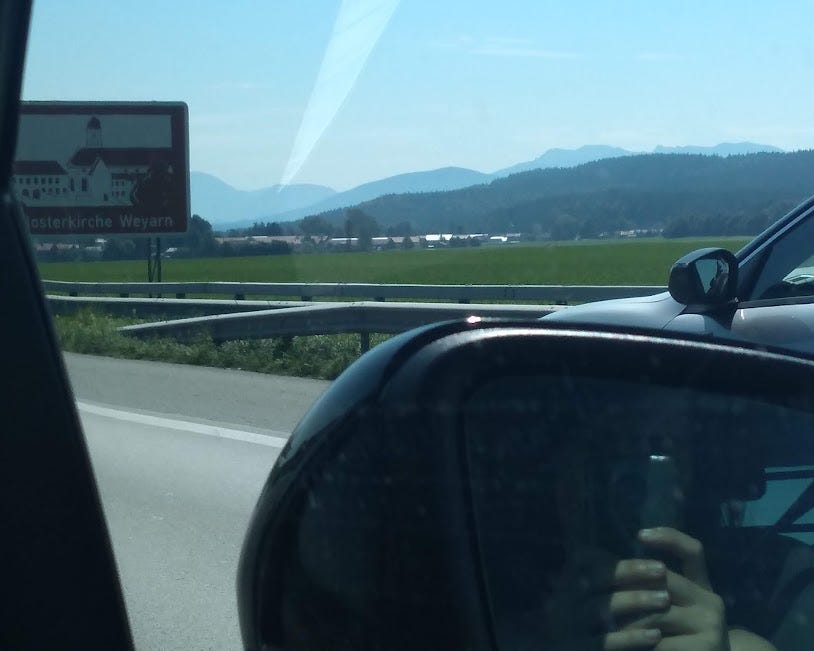
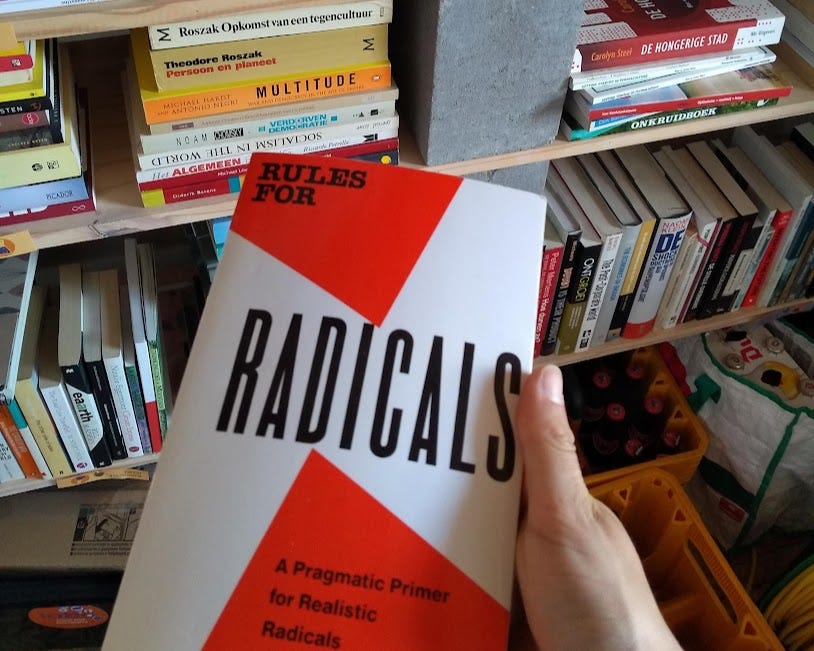
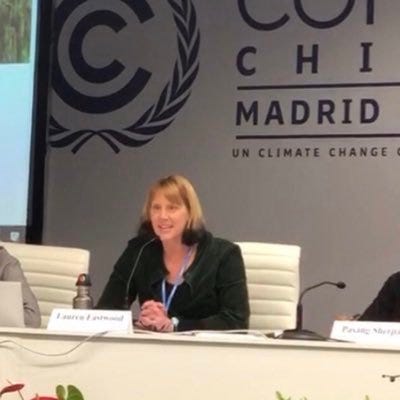
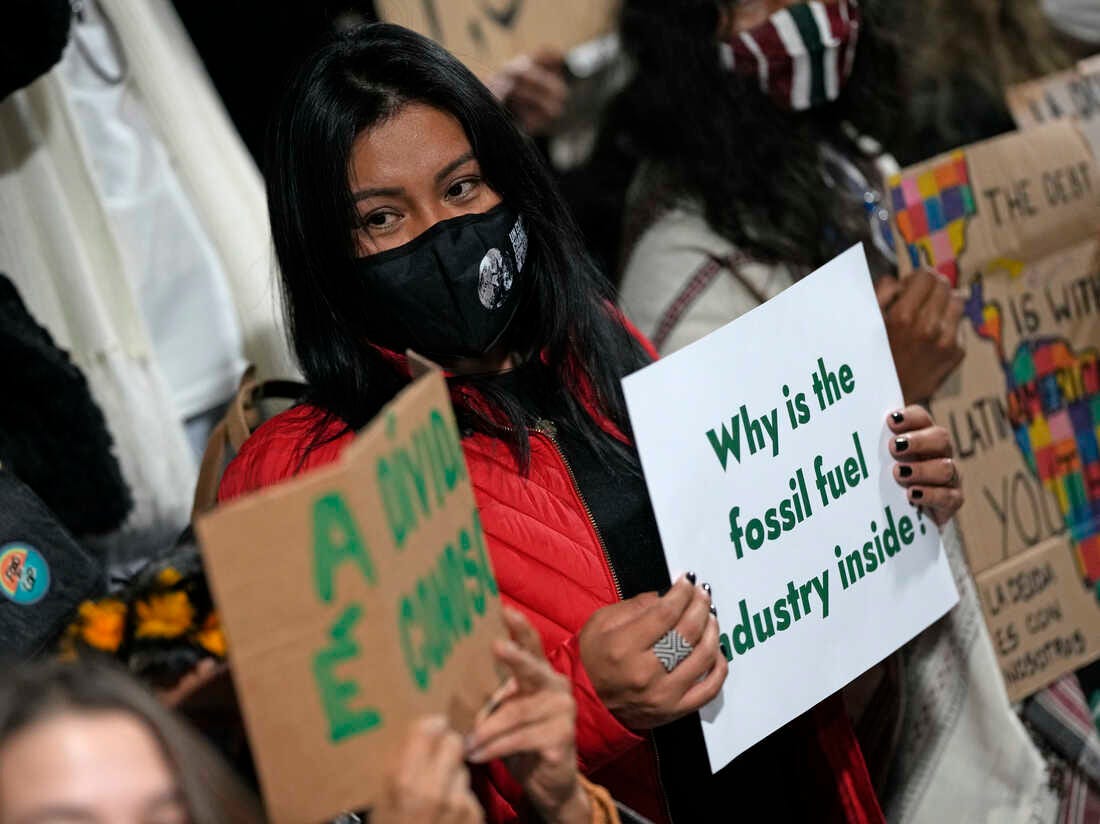
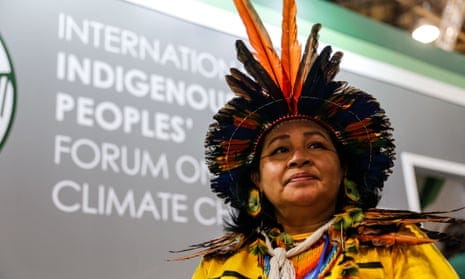
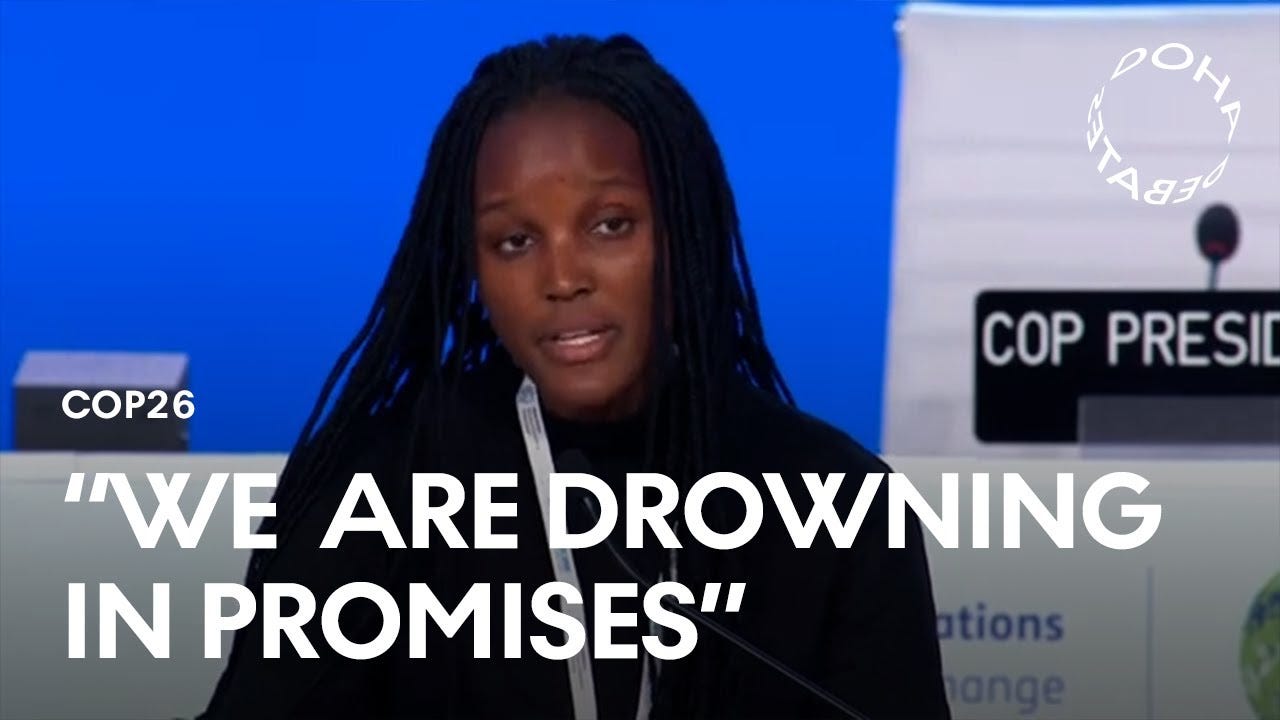
It's crazy that you earned only that living in one of the richest countries in the world. There are NGOs out there that have plenty of money. This is completely unacceptable.
Inspired by your writing:)). We are all connected.